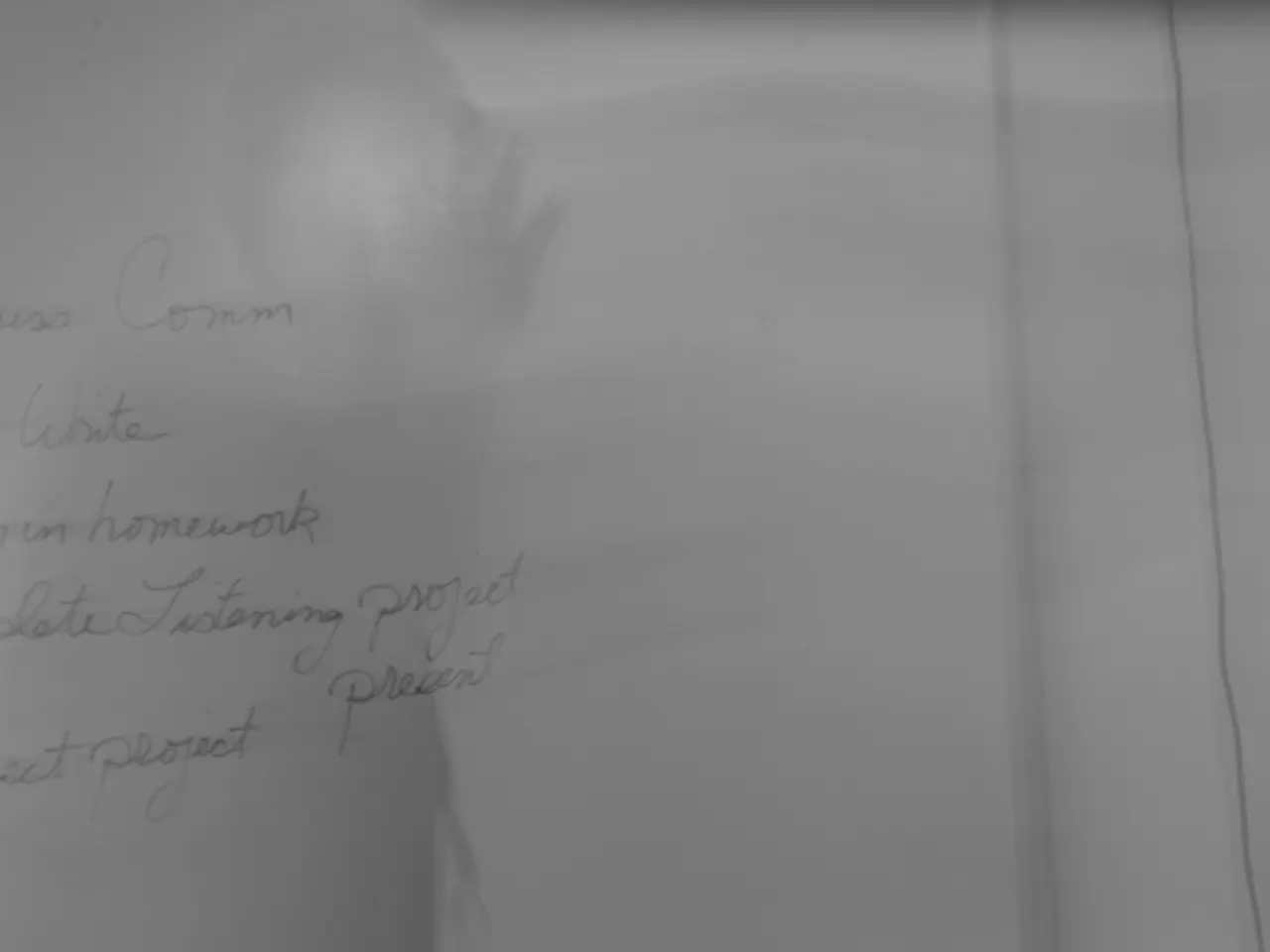Charity work monitoring strengthened with MoSA's latest regulatory measures
In a bid to enhance transparency, integrity, and effective governance across all charitable activities in Kuwait, the Ministry of Social Affairs has introduced new regulations for charitable organisations. The regulations, issued in June 2025, aim to strengthen oversight and curtail unauthorised fundraising within the sector.
Key aspects of these regulations include stricter controls over donation links and solicitation, contracting and approvals, financial transparency and reporting, and enforcement and penalties.
For donation campaigns, they must be exclusively linked to licensed charitable projects and published only on the official websites of registered charitable societies. The use of intermediaries such as marketing agencies, advertising firms, social media influencers, celebrities, or informal volunteer teams for solicitation is prohibited without prior Ministry approval. Specific donation links for individual cases also require prior approval.
Charitable organisations must not contract with advertising or publicity agencies without Ministry approval. Draft contracts with such entities must be submitted for Ministry review, detailing contract duration, type of service, relevant project, and financial terms, per Circular No. 274.
Financial transparency and reporting are of utmost importance. Charities are required to engage auditors registered with the Capital Markets Authority, appoint internal auditors and compliance officers within each charity, and submit annual reports and audited financial statements according to Circular No. 194. Administrative deductions from donations must be clearly disclosed in all advertisements.
Non-compliance may lead to severe consequences, including suspension of fundraising activities, cancellation of charitable projects, or the dissolution of the charitable association under existing laws. Organisations deemed non-compliant will be prohibited from collecting donations. They must input daily donation collection data into the ministry's automation system and submit detailed reports for checks and bank transfers received from donors.
Violations of the new regulations may result in legal measures, including suspension of donations or projects under Ministerial Resolution No. (1/128) of 2016, or possible dissolution under Law No. (24) of 1962.
All associations are required to work exclusively through the Central Aid Program when assisting individual cases. They must submit detailed requests for international relief campaigns, including campaign duration, deductions, and foreign partners, for coordination with the Ministry of Foreign Affairs.
Field inspection teams will be deployed to ensure adherence to these new regulations and enforce governance standards. Devices used to collect donations at charity society headquarters must follow existing rules regarding cash deposit and reconciliation.
Charity societies will be evaluated within a month and classified into three categories: committed, partially committed, and non-compliant. Associations must engage only auditors registered with the Capital Markets Authority and appoint internal auditors to review financial transactions.
The new regulations prohibit charity societies from creating or publishing donation links through intermediaries. Donation links must be published only on official websites and require prior ministry approval for specific cases. Monthly reports on bank deductions are mandatory within seven business days of the following month. Aid for recipient countries must be channeled through existing licensed projects without launching new campaigns.
In conclusion, the new regulations aim to safeguard donor funds by reinforcing governance, accountability, and institutional performance in Kuwaiti charitable societies. The Ministry of Social Affairs in Kuwait has taken a significant step towards ensuring transparency and effective oversight within the charitable sector.
Charitable organizations in Kuwait, following the new regulations, are strictly forbidden from utilizing intermediaries such as marketing agencies, social media influencers, or celebrities for solicitation without prior approval from the Ministry of Social Affairs. Moreover, these organizations must ensure financial transparency and reporting by engaging auditors registered with the Capital Markets Authority, appointing internal auditors and compliance officers, and submitting annual reports and audited financial statements according to Circular No. 194.





